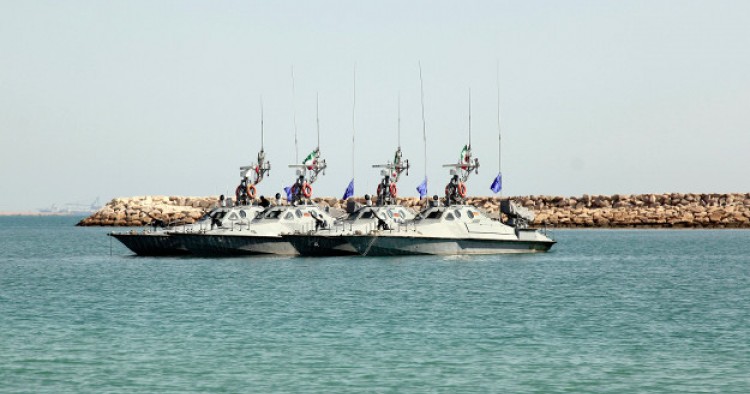The Iranian Navy has announced that it plans to renew the presence of its forces in the Atlantic Ocean in the current Iranian year, which began on March 21. Rear Admiral Habibollah Sayyari, Iran’s Navy commander, outlined the plan in a meeting with officers of the Navy Central Command on Wednesday. The top Iranian naval official also unveiled plans to further develop Karan coasts in the southeast of Iran and ensure Iran’s intelligence superiority in regional and international waters. The commander added that the Navy will produce new military vessels this year.
Comment: In January, Sayyari claimed that his forces, which are “equipped with advanced military systems,” are proving to be a “powerful presence in the international waters” of the African continent. While Iranian leaders often exaggerate the country’s progress in building advanced naval assets and expanding its naval forces’ presence in international waters, the Islamic Republic has undoubtedly made it a priority recently to develop its naval capabilities.
In February, Sayyari announced that the Iranian naval forces were making efforts to expand its presence and boost security in the Gulf of Aden, the Red Sea, and the Bab al-Mandeb. Furthermore, Iran’s Defense Minister Brigadier General Hossein Dehghan recently said that his country should begin using nuclear technology “in the field of naval propulsion systems” in order to enhance the Iranian Navy’s “maneuvering power and capability.” And last year, the Iranian chief of staff of the armed forces, Major General Mohammad Hossein Bagheri, called for setting up naval bases in Yemen and Syria – triggering alarm among Sunni Gulf states.
Iran’s regularly Navy is separate from the naval forces of the Islamic Revolution Guards Corps (I.R.G.C.). According to U.S. officials, it is the I.R.G.C. Navy that usually engages in “unprofessional” and “irresponsible” actions in the Gulf region and repeatedly harasses U.S. warships stationed there.
The Middle East Institute (MEI) is an independent, non-partisan, non-for-profit, educational organization. It does not engage in advocacy and its scholars’ opinions are their own. MEI welcomes financial donations, but retains sole editorial control over its work and its publications reflect only the authors’ views. For a listing of MEI donors, please click here.













